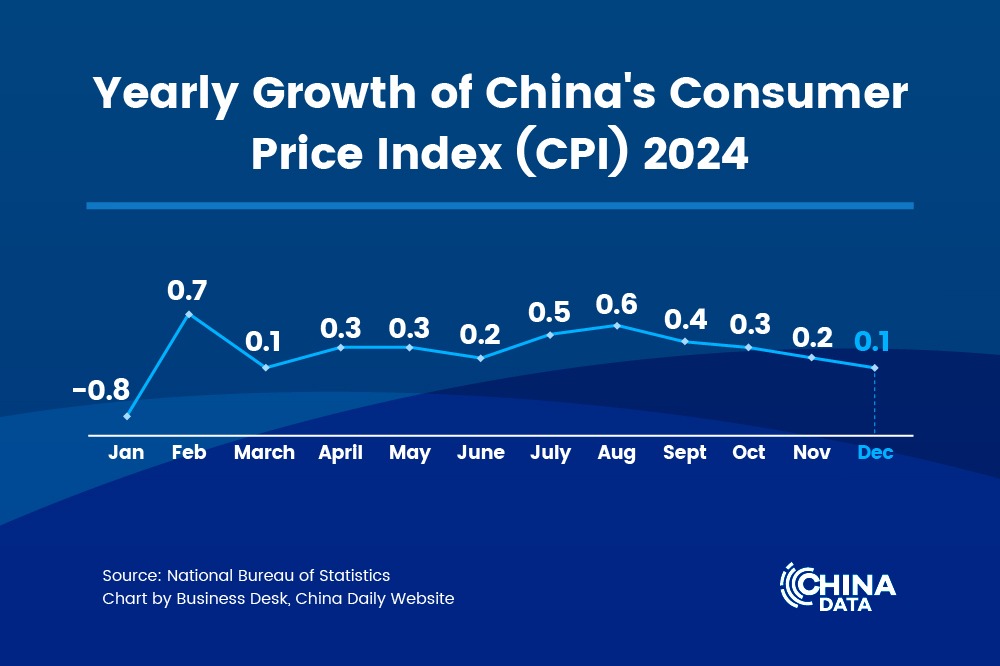Study: Soft skills vital for SMEs to counter trade protectionism

Chinese mainland's small and medium-sized enterprises (SMEs) are being urged to hone their business "soft skills" to deal with uncertainties in the global business environment, given looming escalation risks of a trade war between China and the United States, professional accountants warned.
CPA Australia, the global accounting professional body, in October 2017 gauged 2,952 SMEs' (defined as employing fewer than 20 people) opinions regarding business prospects, technological adoption, access to finance and drivers for business growth. A sample of 606 Chinese mainland's small business operators was interviewed.
The accounting body's ninth annual survey on Asia-Pacific small business revealed Chinese mainland SMEs are generally proficient in technological utilization for business advancement.
Approximately 80.5 percent of them earned more than 10 percent of their revenue from online sales last year, and 84.2 percent of the Chinese mainland SMEs earned more than 10 percent of their revenue from digital payment technologies in 2017, according to the survey. The two ratios in the mainland are the highest among the eight interviewed Asia-Pacific countries and regions.
Nearly 95 percent of the Chinese mainland's small businesses used social media platforms for business purposes last year, only trailing behind Vietnam's 98 percent in the survey.
In addition, the survey added that around 25.2 percent of the mainland small businesses selected online peer-to-peer lending and crowd-sourced funding as their sources of external finance last year, the highest ratio among the eight interviewed countries and regions.
However, they are lagging behind their peers in Vietnam and Indonesia in accepting payment from digital currencies, as only nearly 10 percent of them are willing to do so.
The growing prevalence of technological sophistication by Chinese mainland's small enterprises is in tandem with the country's economic upgrading into an innovative one from over-reliance on investment and infrastructure.
Despite Chinese mainland SMEs relatively strong prowess in the use of technology, CFA Australia cautioned they should brush up their business soft skills in the increasingly uncertain business environment this year.
"While we expect strong global trade momentum to continue to support China's exports in 2018, trade friction with the US is rising," warned Louis Kuijs, head of Asia Economics at Oxford Economics.
"Chinese mainland small SMEs should invest their staff skills to focus on value-added tasks, such as controlling cost, exploring new markets and improving management capability to enhance business process efficiency," suggested Gavan Ord, business and investment policy manager at CPA Australia.




































